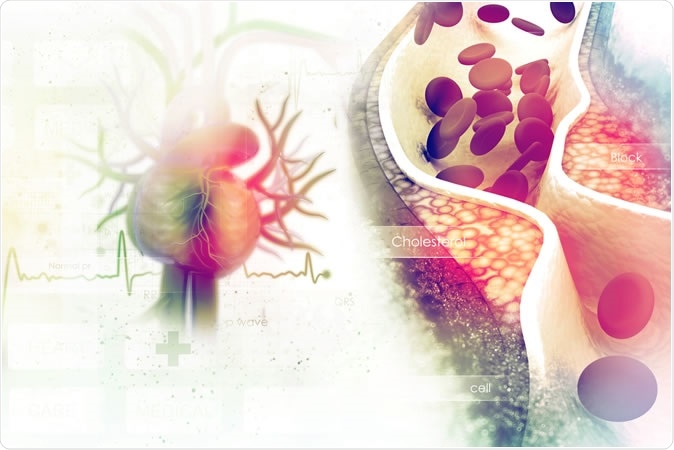
This study is among the first to show that early menopause also puts women at a higher chance of non-fatal CVD such as a heart attack, stroke or angina - almost twofold compared to those who reached menopause only at 50 or 51.
This is an important implication for public health, considering that at least one in 10 women will have early menopause even without a surgery to remove their ovaries - though the latter is becoming an increasingly common cause of surgical menopause which will inevitably push up the number of women with early menopause over time. This correlates with the increasing trend of CVD deaths before the age of 55 years. This finding adds to earlier research that has already established a higher risk for women to die of a cardiovascular event if they had menopause at an earlier age.
The study and its outcomes
The current study aimed to find out how other CVD risk factors such as smoking and obesity interact with age at menopause, and also whether the increased risk that occurs in women with early menopause persists or fades over time.The data came from 300,000 women in 15 studies carried out in five regions around the world, retrieved from the shared data resource International Collaboration for a Life Course Approach to Reproductive Health and Chronic Disease Events (InterLACE). This makes it one of the largest studies on this topic. The participants were classified into age-based categories depending on age at menopause.
There was a clear increase in risk from the category between those who fell short of their fifties at menopause by just a few years (45-49 years), where the risk was increased by 12%, compared to 30% increase in the age group 40-44 years, and 55% for premature menopause (below 40 years). The increase in risk held good in a similar pattern for heart disease and stroke separately as well.
The study also found that the risk did decrease with age, but remained higher. The greatest increase in risk for CVD associated with early menopause was in the period before 60 years. Women who had early menopause and premature menopause had a 40% and 88% increase, respectively, in their risk of cardiovascular events not associated with death in the period between menopause and 60 years. This risk increased still further after adjusting for smoking, and an excessive or too low body weight. There was no change with postmenopausal hormone replacement.
Implications for public health
Translated, this means women with premature menopause have an almost doubled risk of CVD by the age of 60 years, which needs to be communicated to physicians and women alike to correct the misconception that women are not as prone as men to this condition until they are very old. These factors must be included in algorithms which assess the risk for CVD, since it is an independent sex-based risk predictor. Further study is required, since most of the data came from studies on white women, and may vary in women from other racial backgrounds. Such research could help evolve a specific risk-prediction guideline for women from all types of circumstances.Researcher Dongshan Zhu says the findings would have important clinical and public health implications. He says, “Identifying women with early menopause offers opportunity to monitor and actively manage cardiovascular disease risk factors.” This would help them enjoy better cardiovascular health in their postmenopausal years.
Journal reference:
Comment. Early menopause and risk of cardiovascular disease: an issue for young women. Lizelle Bernhardt & Claire A. Lawson. The Lancet Public Health. October 3, 2019 https://doi.org/10.1016/S2468-2667(19)30184-7. https://www.thelancet.com/journals/lanpub/article/PIIS2468-2667(19)30184-7/fulltext






No comments
Post a Comment